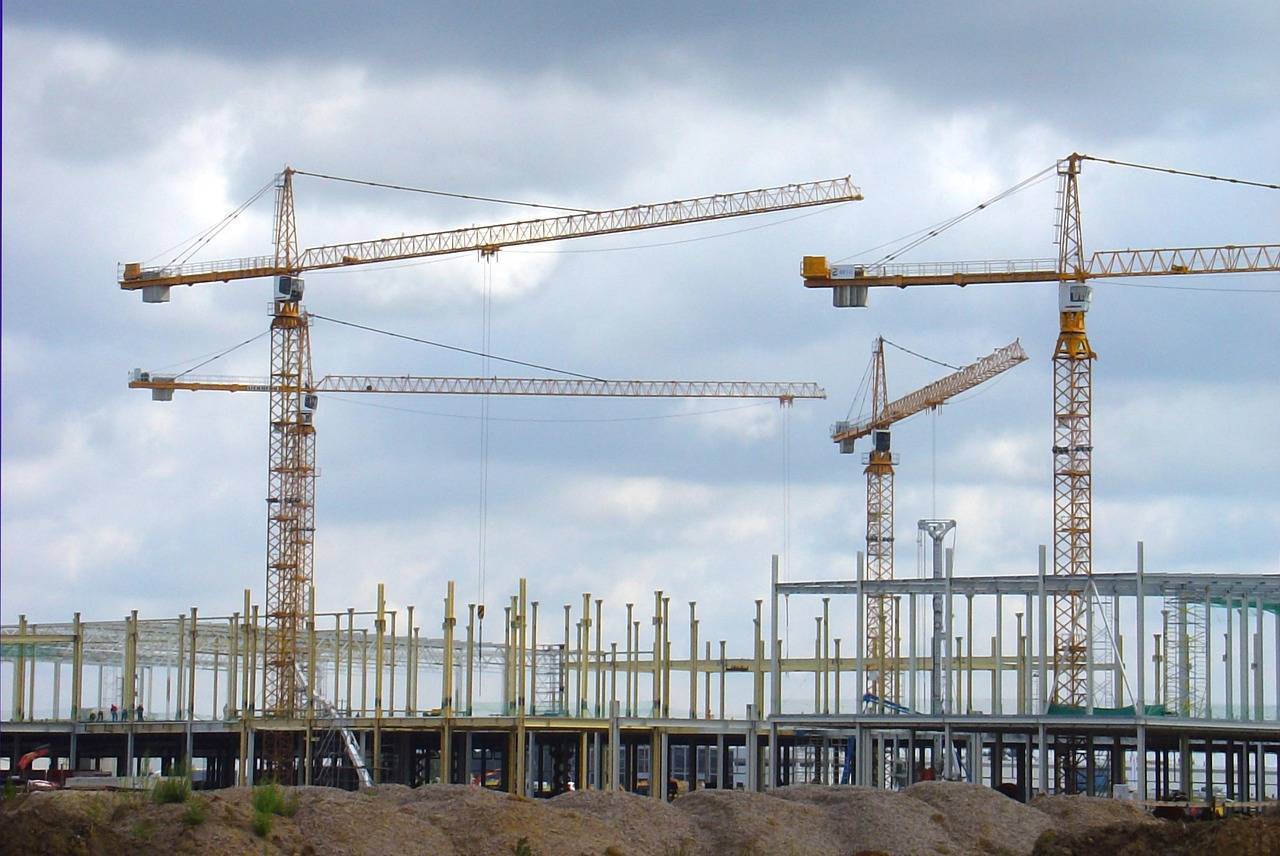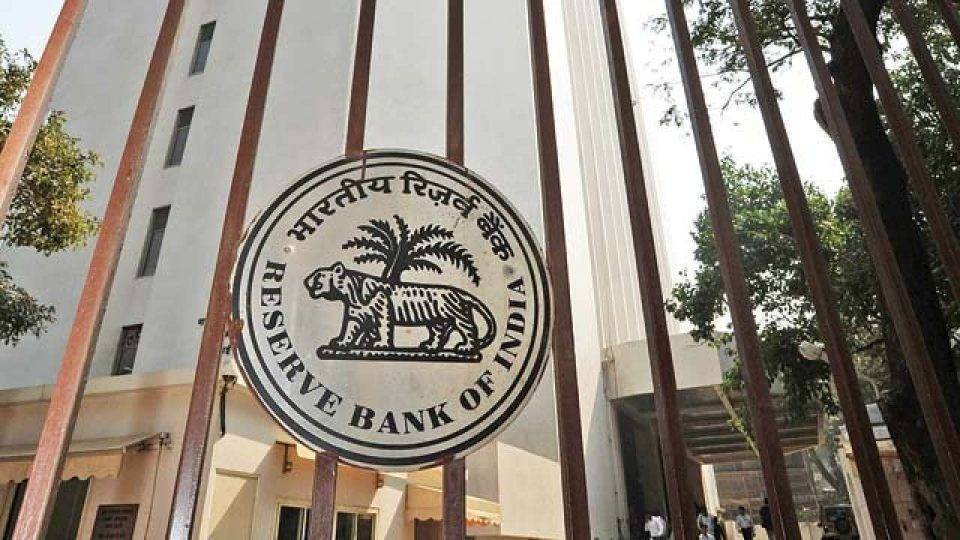Mumbai’s residential real estate sector is witnessing an aggressive shift toward redevelopment, with project announcements exceeding ₹18,000 crore in the last six months. This resurgence in redevelopment planning comes at a time when overall housing sales and new launches in the city are beginning to show signs of slowdown.
At least five listed developers, including Rustomjee Group, Arkade Developers, Mahindra Lifespace, Sunteck Realty, and Puravankara, have announced significant redevelopment projects in various parts of the city. Most of these are being pursued in land-constrained but high-demand micro-markets such as the western suburbs and South Mumbai.
Rustomjee Group has disclosed three new redevelopment projects amounting to a combined gross development value (GDV) of over ₹7,700 crore. Arkade Developers has declared eight projects totaling ₹5,000 crore in GDV, with a majority concentrated in the suburbs including Malad, Andheri, Goregaon, and Dahisar. Mahindra Lifespace has added at least three redevelopment projects valued at over ₹3,000 crore, while Puravankara’s entry into the Mumbai redevelopment segment includes eight societies in Chembur, aggregating ₹2,100 crore in value.
South Mumbai has also seen a notable redevelopment acquisition, with K Raheja Homes taking over the Palmera Cooperative Housing Society in Malabar Hill—better known as Pleasant Palace. The 6,000 sq.m property on Narayan Dabholkar Road has a potential development area of nearly 3 lakh sq ft. This project adds to the premium redevelopment pipeline in South Mumbai, where opportunities are limited but command high margins due to location advantage.
Bengaluru-based Prestige Group, which recently entered the Mumbai market, has also been building its portfolio steadily. It has launched premium residential towers at Marine Lines and Worli over the past two years and is reportedly assessing more locations in South Mumbai for luxury redevelopment.
Sunteck Realty, another prominent Mumbai-based developer, has taken up a redevelopment project on a 2.5-acre plot in Andheri. This development is expected to generate 2.75 lakh sq ft of saleable area and carry a GDV of ₹1,100 crore.
While the scale of these redevelopment projects is notable, the backdrop is one of a softening housing market. According to data from real estate analytics platform Propequity, housing sales in Mumbai fell by 34% year-on-year in Q2 2025, with 8,006 units sold compared to 12,114 units in the same quarter of 2024. New launches plummeted by 61%, down to 4,949 units from 12,610 units a year ago.
Despite this slowdown, the redevelopment announcements are seen as a pre-emptive strategy. Developers are reportedly aiming to secure inventory for the next cycle of demand, factoring in a two-year lead time for approvals, construction readiness, and phased launches. Industry professionals believe that the sales momentum achieved between 2021 and 2024 has given developers enough cash reserves to invest in long-gestation projects that will eventually come to market once conditions improve.
Several developers are reportedly prioritizing locations where supply constraints persist but housing demand has remained stable. Western suburbs are being targeted for their scale and efficiency, where redevelopment allows consolidation of land and modernisation of old buildings. In these zones, larger plots and better-organized housing societies make it feasible to redevelop at volume, especially where infrastructure upgrades like Metro connectivity are underway.
In South Mumbai, on the other hand, redevelopment is being approached with a different lens. Heritage considerations, density caps, and premium buyer expectations shape the nature of projects. Developers entering this segment are aligning their offerings with ultra-luxury standards, with emphasis on exclusivity, architectural restoration, and lifestyle integration.
Real estate professionals tracking the market suggest that a substantial portion of inventory in these redevelopments—often up to 20%—gets absorbed by the society members opting for ownership upgrades. This naturally reduces the burden of unsold stock when the project hits the open market. The balance 80% is usually phased out over multiple quarters, allowing developers to manage inventory more sustainably.
While most of the announced projects are still at the MoU, intent, or society approval stage, developers appear confident about long-term viability. The current momentum is being seen as a strategic hedge against future market uncertainty rather than a short-term sales push.
Although a correction in the volume of new announcements is likely over the next 12 to 18 months, given rising interest rates and regulatory timelines, Mumbai’s redevelopment trend is unlikely to taper off completely. For land-starved cities with ageing housing stock, redevelopment continues to offer one of the few realistic pathways for growth, renewal, and modernisation. Developers, especially publicly listed ones, seem to be leveraging their balance sheets and brand equity to gain a foothold in this segment, as they prepare for the next phase of urban transformation in India’s most vertical city.









.png)